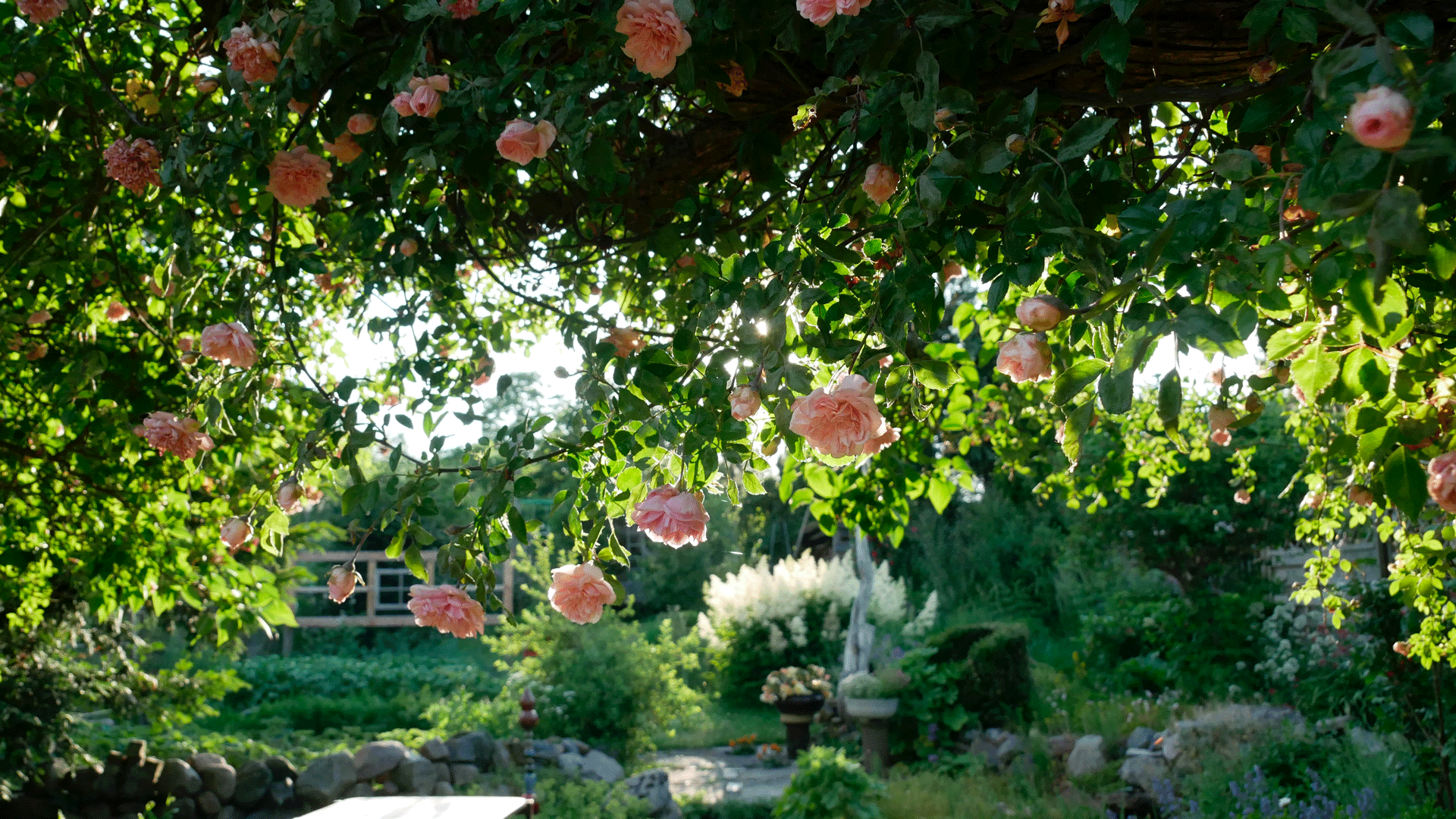How are you spending your three minutes? It’s a lot to think about. Maybe you’re weeding. Or working towards some planting. Or maybe you’re considering the weight of existential angst anchoring humanity despite our potential to build on positives around us. It’s three minutes. A lot can go through a mind.
Three minutes is the extra amount calculated by the ONS that those lucky enough to have gardens are spending in them post lockdown. Figures suggest people are in there for, on average, 20 minutes per day. Not everybody, clearly. It is estimated that one in eight households have no access to a shared or private garden. That’s a big chunk of the population.
One thing nobody will be doing, in increasing areas of Britain, is using a hosepipe in their gardens. It has become something of a summer tradition that at some point in a long dry spell hosepipe use is banned. People will grouch about it, and potentially get pass remarkable with neighbours. In normal times it comes with metronomic frequency.
This year it feels like it’s of a different magnitude. On the one hand, there is the ongoing mismanagement of supply by water companies. Last week an investigation by The Times found England’s nine water companies are leaking a quarter of their supply a day. That’s around 2.4 billion litres. Saving that would prevent a lot of reservoirs reaching dangerously low levels.
On the other, there is clear and present danger that climate change is presenting. Around 60 houses and a number of cars were destroyed when the intense heat of June sparked fires in England. The National Fire Chiefs Council warned in recent days that wildfires in Britain pose a national risk. Down in the south of France, thousands of people are being evacuated as fires blaze.
In Seoul, record rain has led to record flooding, with lives lost and others at risk. Just a month or so ago, the same happened in Sydney. In many nations climate change is leading to crop and water issues driving mass migration, exacerbating social and population issues elsewhere. And while human-made climate change is obviously a reality, there are some who still rage against the very idea.









